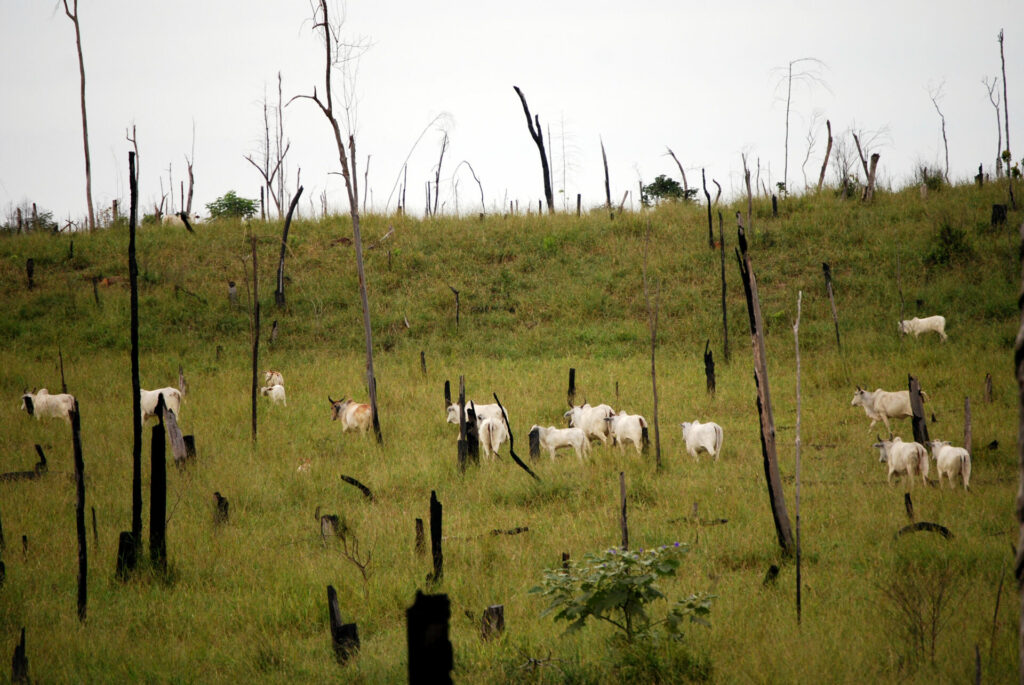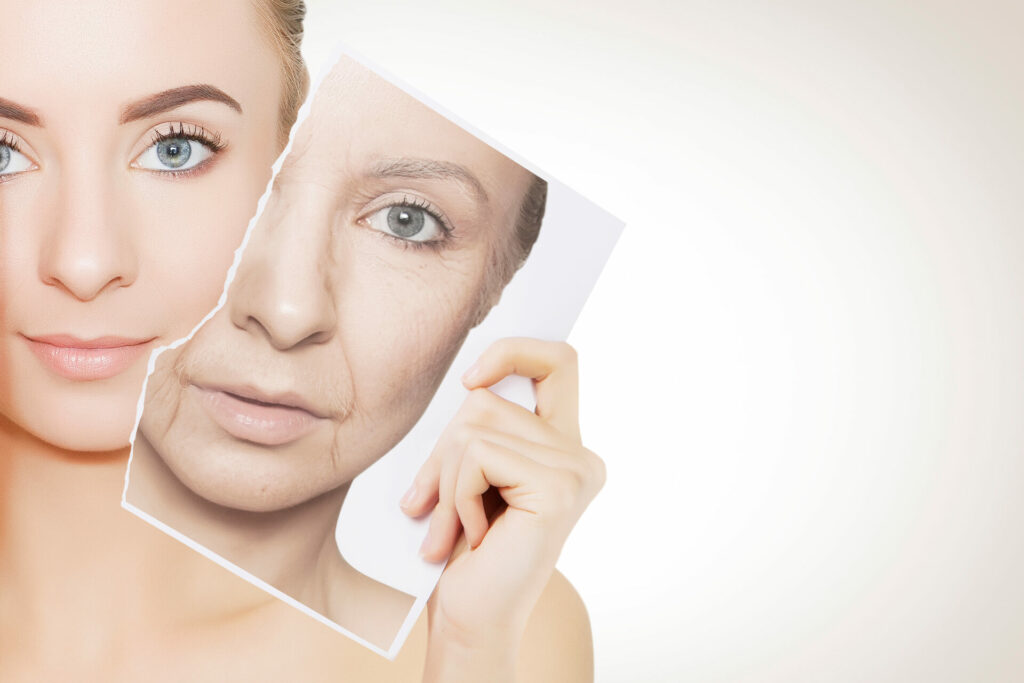Touted as a miracle anti-ageing cure by A-list celebrities and endorsed by influencers alike, collagen packed creams, pills, powders and drinks all purport to put your body on the path to beauty. Collagen is after all, created naturally by the body for healthy hair, nails, ligaments, tendons and bones and crucially for the beauty industry – where it was valued at $4.7 billion last year – for helping skin keep its elasticity. It’s the most abundant protein in your body and when produced naturally, is essential to your overall health and well-being, keeping you looking and feeling young.
It is this tantalising lure to eternal youth and health that has driven a short-term beauty industry fad into an unstoppable multimillion-dollar business. The global collagen market, that now encompasses everything from gummies and lattes to serums, is projected to reach $7.2 billion by 2030 thanks to demand from health conscious consumers.
But while millions of ardent supporters believe these supplements improve their appearance and health, what many may not know is that this product, which is typically sourced from cows, but can also come from pigs and fish, is adversely affecting the health of our planet.

In supplement form the popular bovine range of collagen is a derivative of beef agriculture, stripped from hides of cattle carcasses after a cow is slaughtered. Cattle hides alone account for 37 per cent of raw materials used for collagen production. In the face of growing global demand, farmers in Brazil – the world’s largest exporter of beef – are clearing vast areas of virgin rainforest for ranches. Already the cattle industry in Brazil accounts for 80 per cent of all Amazon forest loss.
An investigation earlier this year by the Bureau of Investigative Journalism, the Centre for Climate and Crime Analysis (CCCA), and Brazilian investigative food organisation O Joio e O Trigo, found tens of thousands of cattle raised for collagen production on farms linked to tropical deforestation.
The report discovered that the supply chains of just two Brazil-based collagen operations were linked to 2,600 square kilometres of deforestation in the Amazon contributing to climate change and biodiversity loss.

Tropical rainforests – often termed ‘lungs of the earth’ for their capacity to draw in carbon dioxide from the atmosphere and breathe out oxygen – alongside resident Indigenous people, who are widely recognised as the best guardians of the forest, are key to tackling climate change. Nearly half of the best preserved areas of rainforest are within Indigenous people’s territories.
‘Some of these farms were either entirely on Indigenous territories or overlapping partially with Indigenous territories,’ said Gustavo Faleiros, director of environmental investigations for the Pulitzer Center, which supported lead reporter Elisângela Mendonça on the collagen investigation. ‘All the links between the farms, the suppliers, and the by-product companies that sell [collagen] to the producers that then create the products that end up in the hands of the customers in the UK or in the US are now well-documented.’
Unlike major food commodities such as beef, soy, and palm oil, collagen is not covered by forthcoming legislation in the EU and UK designed to make it illegal for companies to sell goods that contribute to deforestation. Collagen companies, therefore, have no obligation to track their environmental impact.

‘Fresh beef products exported to the EU have to be traced back to a ranch of origin,’ said Chris Moye from the Environmental Investigation Agency. ‘The same doesn’t really apply to the by-products. You will never know, therefore, where it comes from. That’s the bone of contention that’s where most of the deforestation in the Amazon is found.’
Do Collagen Supplements Work?
Despite a burgeoning demand, research into its benefits is lacking. A review of 19 studies, published in the International Journal of Dermatology, showed that participants who used collagen supplements did see an improvement in the firmness, suppleness, and moisture content of the skin, with wrinkles appearing less noticeable. However, it’s unclear if the results were, in fact, due to additional ingredients included in the commercially available supplements such as vitamins, minerals, antioxidants, coenzyme Q10 and hyaluronic acid.
The Guardian reported that the Harvard School of Public Health cautioned consumers over collagen research findings as most ‘if not all’ had been funded by industry members or scientists affiliated with stakeholder brands.

At this time, there isn’t enough proof that taking animal varieties has any affect on skin, hair, or nails.
‘We know most certainly that facials creams that claim collagen ingredients help with ageing may struggle to work because the science doesn’t support these claims,’ says Dr Maurizio Viel, celebrity cosmetic surgeon and founder of London Centre for Aesthetic Surgery and Cornerstone Clinic in Dubai. ‘This is because collagen fibres are too large to penetrate the skin.
‘Drinking collagen smoothies or taking supplements may help some people whilst others see no difference,’ he adds, ‘but this could be attributed to other ingredients within the supplements that support the production of the body’s own collagen.’
Lifestyle Changes
As we age, we lose one per cent of our collagen every year – intensified by lifestyle choices including sun damage, lack of exercise, smoking and drinking – and while we can’t measure our collagen levels, some of the tell-tale signs that it’s falling include wrinkles, less flexibility, weaker muscles and joint pain.
‘The problem is most people are looking for a quick fix but in reality, it boils down to the basics of a good diet, drinking plenty of water, avoiding alcohol, not smoking, reducing stress, getting sufficient sleep, and reducing toxic exposures to chemicals,’ advises Dr Maurizio.
‘It’s also important to add natural foods that support the body’s natural collagen production like fish, meat and eggs, or for vegans, legumes. Zinc and vitamin C are also required for collagen production, and they can be found in legumes, nuts and seeds, citrus fruits, berries and much more.’
If your goal is to improve skin elasticity and minimise wrinkles, it seems your money would be better spent on a wholesome diet, using good (reef safe) sun protection, quitting bad habits, or using non-invasive facial treatments that are proven to be effective and more importantly, don’t cost the Earth.













